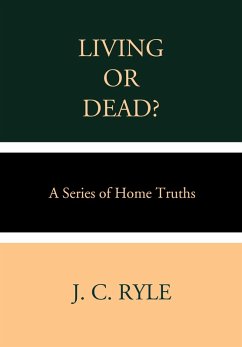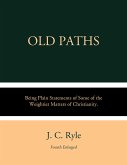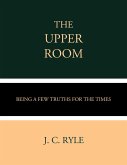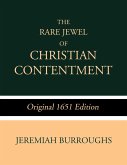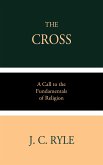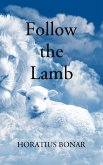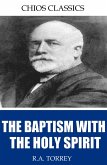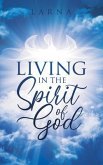"Dead" is an awful idea, and one that man is most unwilling to receive. He does not like to allow the whole extent of his soul's disease. He shuts his eyes to the real amount of his danger. Many a one will allow me to say that naturally most people "are not quite what they ought to be,-they are thoughtless,-they are unsteady,-they are gay,-they are wild,-they are not serious enough." But dead? Oh! no! I must not mention it. It is going too far to say that. The idea is a stone of stumbling, and a rock of offence.
My dear Reader, what we like in religion is of very little consequence. The only question is-What is written? What saith the Lord? God's thoughts are not man's thoughts, and God's words are not man's words. God says of every living person, who is not a decided Christian,-be he high or low, rich or poor, old or young,-he is dead.
In this, as in everything else, God's words are right. Nothing could be said more correct, nothing more accurate, nothing more faithful, nothing more true. Stay a little, and let me reason this out with you. Come and see.
CrossReach Publications
Dieser Download kann aus rechtlichen Gründen nur mit Rechnungsadresse in A, B, BG, CY, CZ, D, DK, EW, E, FIN, F, GR, H, IRL, I, LT, L, LR, M, NL, PL, P, R, S, SLO, SK ausgeliefert werden.
Hinweis: Dieser Artikel kann nur an eine deutsche Lieferadresse ausgeliefert werden.

